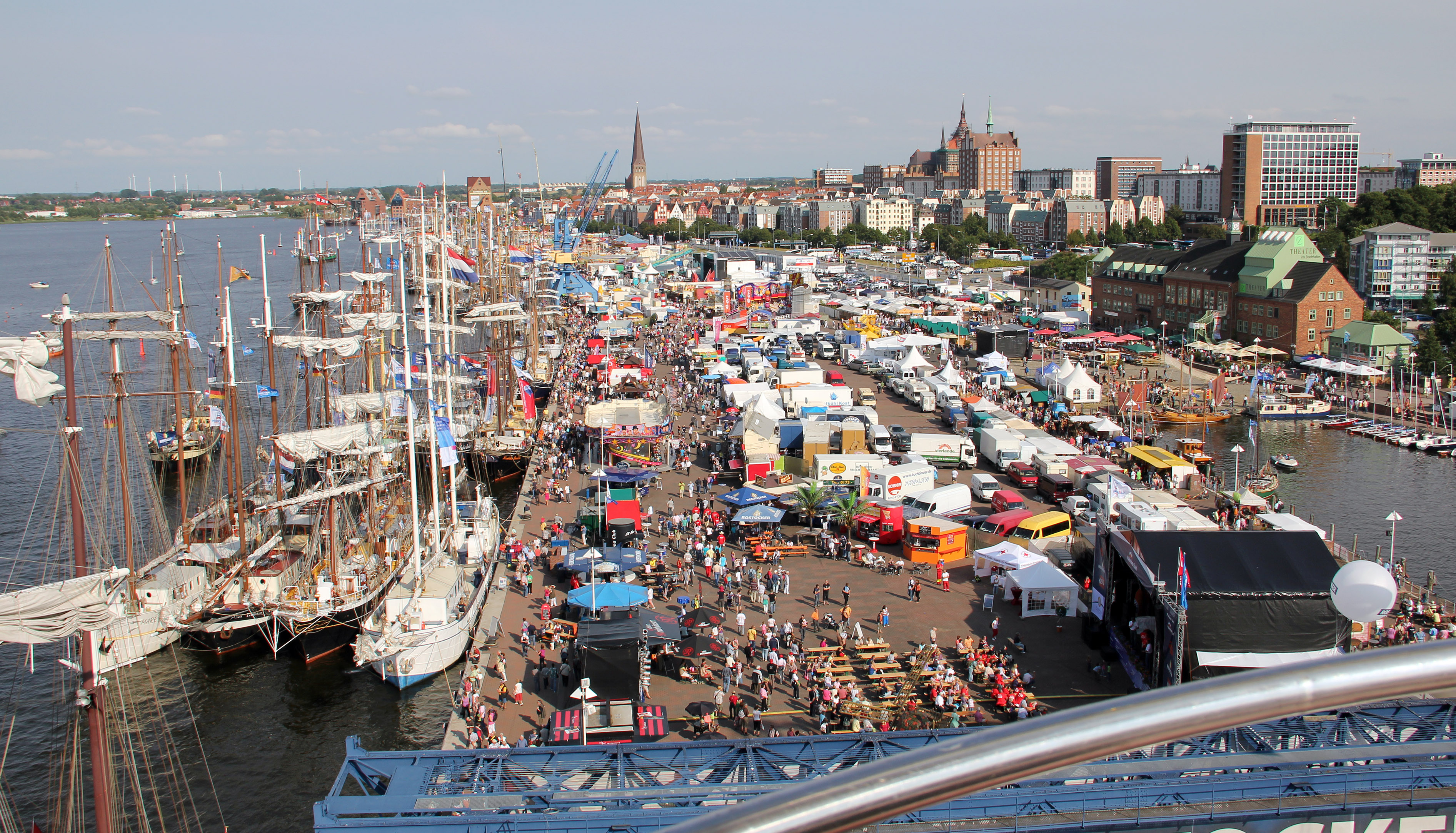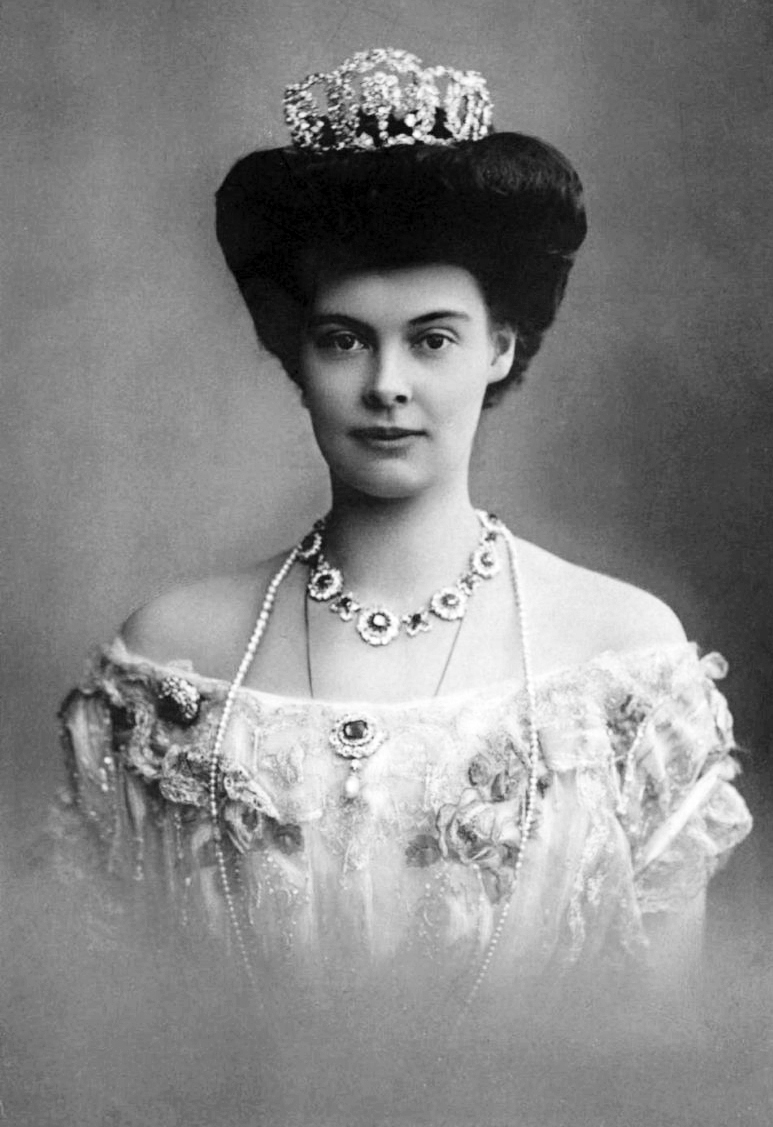|
Mecklenburg
Mecklenburg (; ) is a historical region in northern Germany comprising the western and larger part of the federal-state Mecklenburg-Western Pomerania. The largest cities of the region are Rostock, Schwerin, Neubrandenburg, Wismar and Güstrow. The name Mecklenburg derives from a castle named '' Mikilenburg'' (Old Saxon for "big castle", hence its translation into Neo-Latin and Greek as ), located between the cities of Schwerin and Wismar. In Slavic languages it was known as ''Veligrad'', which also means "big castle". It was the ancestral seat of the House of Mecklenburg; for a time the area was divided into Mecklenburg-Schwerin and Mecklenburg-Strelitz among the same dynasty. Linguistically Mecklenburgers retain and use many features of Low German vocabulary or phonology. The adjective for the region is ''Mecklenburgian'' or ''Mecklenburgish'' (); inhabitants are called Mecklenburgians or Mecklenburgers (). Geography Mecklenburg is known for its mostly flat countryside. M ... [...More Info...] [...Related Items...] OR: [Wikipedia] [Google] [Baidu] |
Mecklenburg-Vorpommern Map Districts Border Mecklenburg Western Pomerania - Landkreise Grenzen Karte MV MeckPomm
Mecklenburg-Vorpommern (MV; ; ), also known by its Anglicisation, anglicized name Mecklenburg–Western Pomerania, is a Federated state, state in the north-east of Germany. Of the country's States of Germany, sixteen states, Mecklenburg-Vorpommern Demographics of Germany#States, ranks 14th in population; it covers an area of , making it the sixth largest German state in area; and it is 16th in population density. Schwerin is the state capital and Rostock is the largest city. Other major List of cities in Mecklenburg-Vorpommern, cities include Neubrandenburg, Stralsund, Greifswald, Wismar, and Güstrow. It was named after the two regions of Mecklenburg and Western Pomerania (German: Vorpommern). The state was established in 1945 after World War II through the merger of the historic regions of Mecklenburg and Prussian Western Pomerania by the Soviet Military Administration in Germany, Soviet military administration in Allied-occupied Germany. It became part of the German Democrat ... [...More Info...] [...Related Items...] OR: [Wikipedia] [Google] [Baidu] |
Mecklenburg-Western Pomerania
Mecklenburg-Vorpommern (MV; ; ), also known by its anglicized name Mecklenburg–Western Pomerania, is a state in the north-east of Germany. Of the country's sixteen states, Mecklenburg-Vorpommern ranks 14th in population; it covers an area of , making it the sixth largest German state in area; and it is 16th in population density. Schwerin is the state capital and Rostock is the largest city. Other major cities include Neubrandenburg, Stralsund, Greifswald, Wismar, and Güstrow. It was named after the two regions of Mecklenburg and Western Pomerania (German: Vorpommern). The state was established in 1945 after World War II through the merger of the historic regions of Mecklenburg and Prussian Western Pomerania by the Soviet military administration in Allied-occupied Germany. It became part of the German Democratic Republic in 1949, but was dissolved in 1952 during administrative reforms and its territory divided into the districts of Rostock, Schwerin, and Neubran ... [...More Info...] [...Related Items...] OR: [Wikipedia] [Google] [Baidu] |
House Of Mecklenburg
The House of Mecklenburg, also known as Nikloting, is a North German dynasty of Polabian Slavs, Polabian origin that ruled German revolution, until 1918 in the Mecklenburg region, being among the longest-ruling families of Europe. Queen Juliana of the Netherlands (1909–2004), former Queen of the Netherlands (1948–1980), was an Patrilineality, agnatic member of this house. Origin The family was established by Pribislav of Mecklenburg, Pribislav, an Obotrites, Obotrite prince who converted to Christianity and accepted the suzerainty of Saxon Duke Henry the Lion (r. 1142–1180), his Niklot, fallen father's enemy, and became the Lord of Mecklenburg (derived from ''Mikla Burg'', "big fortress", their main fortress). The Obotrites were subsequently Germanization, Germanized. The main branch of the house was elevated in 1347 to duke, ducal rank. Coats of arms Each field in the coat of arm symbolizes one of the seven high lordly dominions of the state of Mecklenburg: upper-left q ... [...More Info...] [...Related Items...] OR: [Wikipedia] [Google] [Baidu] |
Duchy Of Mecklenburg-Schwerin
The Duchy of Mecklenburg-Schwerin () was a duchy in northern Germany created in 1701, when Frederick William and Adolphus Frederick II divided the Duchy of Mecklenburg between Schwerin and Strelitz. Ruled by the successors of the Nikloting House of Mecklenburg, Mecklenburg-Schwerin remained a state of the Holy Roman Empire along the Baltic Sea littoral between Holstein-Glückstadt and the Duchy of Pomerania. Origins The dynasty's progenitor, Niklot (1090–1160), was a chief of the Slavic Obotrite tribal federation, who fought against the advancing Saxons and was finally defeated in 1160 by Henry the Lion in the course of the Wendish Crusade. Niklot's son, Pribislav, submitted to Henry, and in 1167 came into his paternal inheritance as the first Prince of Mecklenburg. After various divisions of territory among Pribislav's descendants, Henry II of Mecklenburg (1266–1329) by 1312 had acquired the lordships of Stargard and Rostock, and bequeathed the reunified Mecklenbur ... [...More Info...] [...Related Items...] OR: [Wikipedia] [Google] [Baidu] |
Mecklenburg-Schwerin
The Duchy of Mecklenburg-Schwerin () was a duchy in northern Germany created in 1701, when Frederick William, Duke of Mecklenburg-Schwerin, Frederick William and Adolphus Frederick II, Duke of Mecklenburg-Strelitz, Adolphus Frederick II divided the Duchy of Mecklenburg between Schwerin and Neustrelitz, Strelitz. Ruled by the successors of the Nikloting House of Mecklenburg, Mecklenburg-Schwerin remained a state of the Holy Roman Empire along the Baltic Sea littoral between Holstein-Glückstadt and the Duchy of Pomerania. Origins The dynasty's progenitor, Niklot (1090–1160), was a chief of the Slavic Obotrites, Obotrite tribal federation, who fought against the advancing Duchy of Saxony, Saxons and was finally defeated in 1160 by Henry the Lion in the course of the Wendish Crusade. Niklot's son, Pribislav of Mecklenburg, Pribislav, submitted to Henry, and in 1167 came into his paternal inheritance as the first Prince of Mecklenburg. After various divisions of territory among P ... [...More Info...] [...Related Items...] OR: [Wikipedia] [Google] [Baidu] |
Mecklenburg-Strelitz
The Duchy of Mecklenburg-Strelitz was a duchy in Northern Germany consisting of the eastern fifth of the historic Mecklenburg region, roughly corresponding with the present-day Mecklenburg-Strelitz district (the former Lordship of Stargard), and the western Principality of Ratzeburg exclave (the former Prince-Bishopric of Ratzeburg), which lay mostly in the west of the modern district. At the time of its establishment, the main part of the duchy bordered on the territory of Swedish Pomerania in the north and of Brandenburg in the south; Ratzeburg bordered Saxe-Lauenburg and the Free City of Lübeck. History After more than five years of dispute over succession to the House of Mecklenburg, the duchy was established in 1701 in the territory of the former duchy of Mecklenburg-Güstrow. The Güstrow branch of the House of Mecklenburg had died out with the death of Duke Gustav Adolph in 1695. Duke Frederick William of Mecklenburg-Schwerin claimed heirship, but he had to deal ... [...More Info...] [...Related Items...] OR: [Wikipedia] [Google] [Baidu] |
Schwerin Castle Aerial View Island Luftbild Schweriner Schloss Insel See
Schwerin (; Mecklenburgisch-Vorpommersch Low German: ''Swerin''; Polabian: ''Zwierzyn''; Latin: ''Suerina'', ''Suerinum'') is the capital and second-largest city of the northeastern German state of Mecklenburg-Vorpommern as well as of the region of Mecklenburg, after Rostock. It has around 96,000 inhabitants, and is thus the least populous of all German state capitals. Schwerin is located on the southwestern shore of Lake Schwerin (''Schweriner See''), the second-largest lake of the Mecklenburg Lake Plateau after the Müritz, and there are eleven other lakes within Schwerin's city limits. The city is surrounded by the district of Northwestern Mecklenburg to the north, and the district of Ludwigslust-Parchim to the south. Schwerin and the two surrounding districts form the eastern outskirts of the Hamburg Metropolitan Region. The name of the city is of Slavic origin, deriving from the root "zvěŕ" (''wild animal'') or "zvěŕin" (''game reserve'', ''animal garden'', ''st ... [...More Info...] [...Related Items...] OR: [Wikipedia] [Google] [Baidu] |
Schwerin
Schwerin (; Mecklenburgisch-Vorpommersch dialect, Mecklenburgisch-Vorpommersch Low German: ''Swerin''; Polabian language, Polabian: ''Zwierzyn''; Latin: ''Suerina'', ''Suerinum'') is the Capital city, capital and List of cities and towns in Germany, second-largest city of the northeastern States of Germany, German state of Mecklenburg-Vorpommern as well as of the region of Mecklenburg, after Rostock. It has around 96,000 inhabitants, and is thus the least populous of all German state capitals. Schwerin is located on the southwestern shore of Lake Schwerin (''Schweriner See''), the second-largest lake of the Mecklenburg Lake Plateau after the Müritz, and there are eleven other lakes within Schwerin's city limits. The city is surrounded by the district of Nordwestmecklenburg, Northwestern Mecklenburg to the north, and the district of Ludwigslust-Parchim to the south. Schwerin and the two surrounding districts form the eastern outskirts of the Hamburg Metropolitan Region. The name ... [...More Info...] [...Related Items...] OR: [Wikipedia] [Google] [Baidu] |
Mikilenburg
Mecklenburg Castle was a medieval castle and a residential capital of the Nakonid and Nikloting dynasties of the Obotrites. It was located just south of the modern village Dorf Mecklenburg, sevenHerrmann, p. 189. kilometres (4 miles) south of the Bay of Wismar in Mecklenburg-Vorpommern, Germany. The only remnants of the ruined castle are parts of an earthen wall. Some scholars have associated Mecklenburg with the medieval trading emporium Reric. Etymology The travelling merchant Ibrahim Ibn Jacub described Mecklenburg as “ Nakon’s Castle” in 965. By 995 it was documented as ''Michelenburg''Herrmann, p. 188. or ''Mikelenburg'', meaning "large castle" in Old Saxon, the ancient version of Low German (mikil = large; Burg = castle). The original name of the castle was most likely "Veligrad" or "Wiligrad", which also means "large castle" in the Slavic Polabian dialect which was previously spoken in the region. This led to another castle, located in Lübstorf on the shores ... [...More Info...] [...Related Items...] OR: [Wikipedia] [Google] [Baidu] |
Landkreis Mecklenburgische Seenplatte
Mecklenburgische Seenplatte is a district in the southeast of Mecklenburg-Vorpommern, Germany. It is bounded by (from the west and clockwise) the districts Ludwigslust-Parchim, Rostock (district), Vorpommern-Rügen, Vorpommern-Greifswald, and the state Brandenburg to the south. The district covers the largest area of all German districts and more than double the area of the state of Saarland. The district seat is the town Neubrandenburg. History Mecklenburgische Seenplatte District was established by merging the former districts of Müritz, Mecklenburg-Strelitz and most of Demmin (except the '' Ämter'' Jarmen-Tutow and Peenetal/Loitz), along with the former district-free town of Neubrandenburg as part of the local government reform of September 2011. The name of the district was decided by referendum on 4 September 2011. In 2012, a new coat of arms was proposed for Mecklenburgische Seenplatte District. It was rejected because one element used in the right part, which involv ... [...More Info...] [...Related Items...] OR: [Wikipedia] [Google] [Baidu] |
Güstrow
Güstrow (; ) is a town in Mecklenburg-Vorpommern in north-eastern Germany. It is capital of the Rostock (district), Rostock district; Rostock itself is a district-free city and regiopolis. It has a population of 28,999 (2020) and is the seventh largest town in Mecklenburg-Western Pomerania. Since 2006 Güstrow has had the official suffix ''Barlachstadt''. The town is known for its Renaissance (architecture), renaissance Güstrow Palace, the Altstadt, old town and its brick gothic Güstrow Cathedral, cathedral with Ernst Barlach, Barlach's ''Floating Angel'' sculpture. Geography Güstrow is 45 kilometers south of Rostock at the Nebel (river), Nebel, an arm of the Warnow. The Bützow-Güstrow-Kanal (channel) is a navigable connection to the Warnow and used by tourists. There are five lakes (''Inselsee, Sumpfsee, Parumer See, Grundloser See and Gliner See'') and several forests around Güstrow. History The name Güstrow comes from the Polabian language, Polabian Guščerov ... [...More Info...] [...Related Items...] OR: [Wikipedia] [Google] [Baidu] |




